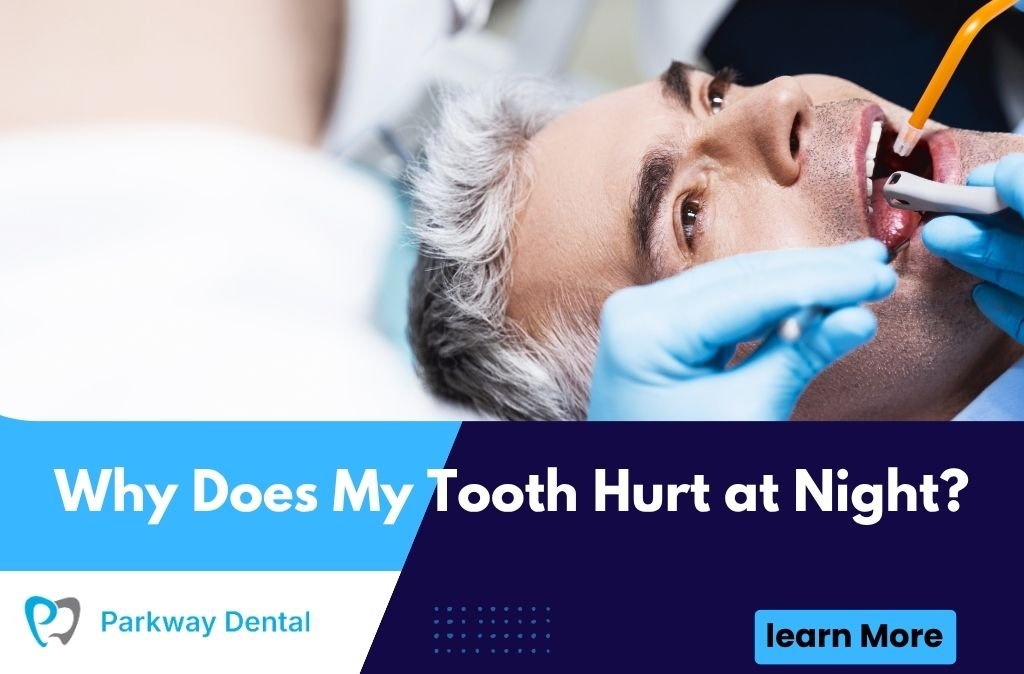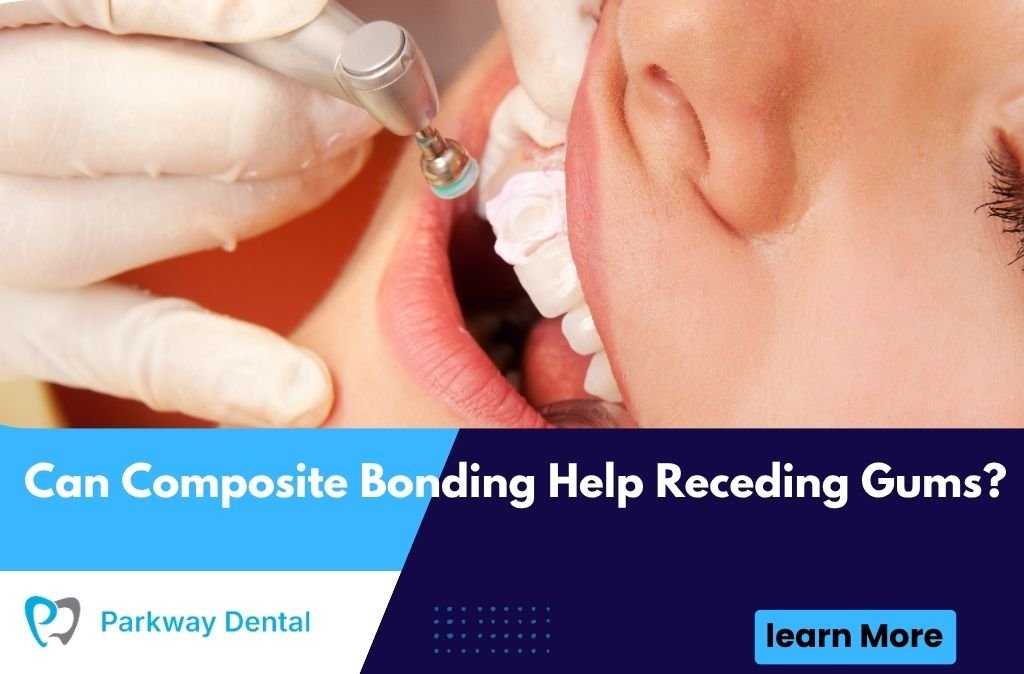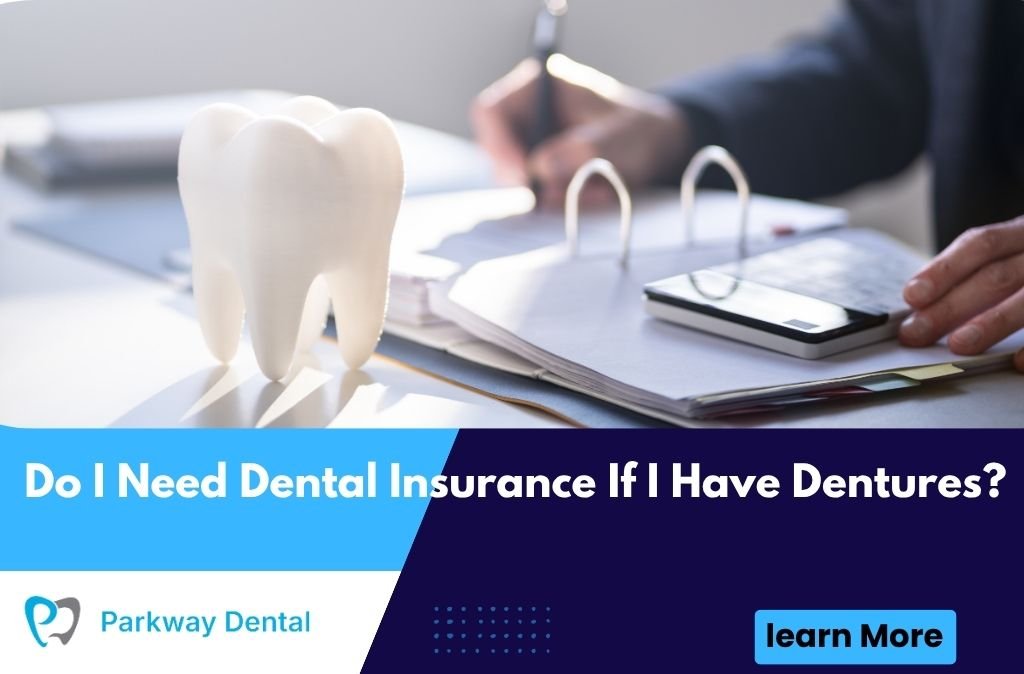There’s nothing more frustrating than lying in bed, ready for a good night’s sleep—only to be kept awake by a throbbing toothache. Tooth pain can strike at any time, but many people notice it worsens at night. This leads to one burning question: Why does my tooth hurt at night?
Whether it’s a dull ache, sharp pain, or a pulsing sensation, nighttime tooth pain can make sleeping difficult and often signals an underlying dental problem. In this comprehensive guide, we’ll explore the possible causes of tooth pain at night, why it feels worse during those quiet hours, and what you can do to manage or eliminate the discomfort.
Understanding Nighttime Tooth Pain
Toothaches are not just a symptom; they are a signal from your body that something is wrong. Nighttime tooth pain tends to feel more intense for various reasons—some physical, others environmental.
While daytime distractions may mask discomfort, night pain feels more prominent due to lack of movement, heightened sensitivity, and lying flat. But what actually causes it?
Increased Blood Flow When Lying Down
One of the most common reasons why tooth pain gets worse at night is related to blood flow.
How It Works
When you lie flat, blood flow to your head and mouth increases. This heightened circulation can intensify inflammation in an already infected or irritated tooth, making the pain feel worse.
Unlike during the day when you’re sitting or moving, lying down pressurizes the blood vessels in your head, which adds more pressure around nerves near the tooth root.
Lack of Distractions Makes Pain More Noticeable
During the day, you’re busy with work, errands, and conversations. Your brain filters out minor discomforts. But at night, with no distractions and silence around you, your brain focuses more on internal sensations, including tooth pain.
Why It Matters
Even minor pain can feel worse when you’re trying to sleep. The mental focus on discomfort makes it more pronounced and harder to ignore.
Teeth Grinding or Clenching (Bruxism)
If your tooth hurts more at night, you might be grinding or clenching your teeth in your sleep—a condition called bruxism.
Symptoms of Bruxism
- Jaw pain or soreness in the morning
- Teeth that feel loose or sensitive
- Flattened or chipped teeth
- Headaches or earaches
Clenching puts extra pressure on the teeth and jaw, which can worsen existing dental problems or even create new ones.
Tooth Decay or Cavities
Tooth decay starts small but gets worse over time if untreated. A cavity that has reached the inner layers of the tooth can cause pain, especially when lying down.
How Decay Causes Night Pain
Cavities expose the tooth’s nerve endings, which are sensitive to pressure, temperature, and even sweet or acidic foods. At night, with increased blood pressure in the head, the pain from an untreated cavity can intensify.
Infected Tooth or Dental Abscess
If your tooth hurts continuously and the pain keeps you awake at night, you may have a dental abscess or tooth infection.
Signs of a Tooth Infection
- Persistent throbbing pain
- Swelling in the gums or face
- Fever or general unwell feeling
- Foul taste in the mouth
- Pus or drainage near the tooth
Tooth infections require immediate dental care, as they can spread to other parts of the body if untreated.
Sinus Pressure or Sinus Infection
Sometimes, what feels like a toothache is actually sinus pain. This is especially common with upper molars, which are located near the sinus cavities.
Symptoms of Sinus-Related Tooth Pain
- Pain in multiple upper teeth
- Pressure around the eyes, forehead, or cheeks
- Stuffy or runny nose
- Worse pain when bending forward
Sinus infections can mimic tooth pain and tend to worsen when lying flat at night.
Gum Disease (Gingivitis or Periodontitis)
Gum problems can also contribute to nighttime discomfort. If you have swollen, bleeding, or receding gums, you may be dealing with gingivitis or periodontitis.
How It Feels
- A dull ache near the gums
- Pain that radiates across the jaw
- Tooth looseness
- Bad breath or metallic taste
These conditions don’t always cause sharp pain but can worsen at night due to inflammation.
Recent Dental Work
If you’ve recently had a filling, crown, or root canal, the tooth might be sore while it adjusts to the new material. This post-treatment pain can feel more noticeable at night.
Is It Normal?
Mild sensitivity after dental work is expected and usually fades within a few days. But if pain persists or worsens, you should contact your dentist.
Cracked or Damaged Tooth
A hairline crack in your tooth might not be visible or painful during the day but can trigger pain at night, especially under pressure from grinding or chewing.
How to Identify It
- Sharp pain when biting
- Sensitivity to hot and cold
- Pain without visible signs of decay
Cracks can expose the pulp or nerve, causing deep pain that worsens at rest.
Temperature Sensitivity
Teeth that react to hot or cold foods often have worn enamel, gum recession, or exposed dentin.
Why It’s Worse at Night
If you drink hot tea, coffee, or cold water before bed, sensitivity can flare up and linger, especially if you sleep with your mouth open or clench your teeth.
How to Relieve Tooth Pain at Night
You shouldn’t have to lose sleep over a sore tooth. Here are some ways to manage the pain temporarily until you can see a dentist.
Sleep with Your Head Elevated
Use an extra pillow to reduce blood pressure in your mouth and jaw, which can ease throbbing pain.
Rinse with Warm Saltwater
This reduces inflammation and bacteria, offering short-term relief.
Use Over-the-Counter Pain Relievers
Medications like ibuprofen or acetaminophen can help manage pain and swelling. Follow dosage instructions carefully.
Apply a Cold Compress
Placing a cold pack on your cheek can reduce swelling and numb the pain.
Avoid Trigger Foods Before Bed
Stay away from cold drinks, sugary snacks, or acidic foods before sleep to avoid irritating the tooth.
When to See a Dentist for Nighttime Tooth Pain
If your tooth pain:
- Lasts longer than 1–2 days
- Wakes you from sleep regularly
- Is accompanied by swelling or fever
- Makes it hard to eat or speak
…then it’s time to see your dentist.
Why Prompt Treatment Matters
Tooth pain won’t go away on its own. In fact, it usually gets worse. Early intervention can save the tooth, prevent complications, and stop your pain from controlling your life.
What Your Dentist Will Check
When you visit the dentist for tooth pain at night, they’ll perform:
- A full oral exam
- X-rays to detect hidden decay or infection
- Sensitivity testing
- Checks for bite alignment, grinding, or cracks
Treatment may include:
- Fillings
- Root canal
- Gum therapy
- Nightguard for bruxism
- Antibiotics (for infection)
Can a Nightguard Help with Tooth Pain at Night?
If your pain is caused by grinding, clenching, or jaw tension, a custom nightguard can offer significant relief.
Benefits of a Nightguard
- Protects enamel from grinding
- Reduces jaw tension
- Helps with headaches and earaches
- Promotes deeper, pain-free sleep
Nightguards are especially useful for chronic nighttime pain without visible tooth decay.
Preventing Tooth Pain in the Future
The best way to avoid toothaches—day or night—is consistent oral care and regular dental visits.
Daily Prevention Tips
- Brush twice daily with fluoride toothpaste
- Floss at least once a day
- Avoid sugary snacks and drinks
- Drink plenty of water
- Don’t skip dental checkups
Catching small issues early prevents them from turning into late-night dental emergencies.
Conclusion
Tooth pain at night is more than just an inconvenience—it’s often a sign that something serious is going on inside your mouth. Whether it’s due to an infection, cavity, grinding, or sinus issue, ignoring it can lead to worse pain, more costly treatments, and even tooth loss.
If you’ve been asking, “Why does my tooth hurt at night?”, it’s time to get answers and relief.
For expert care, accurate diagnosis, and gentle treatment, schedule an appointment with a trusted Dentist in West Roxbury, MA today. We’re here to help you sleep soundly—and smile confidently.
FAQs
Why does my tooth only hurt at night but not during the day?
At night, increased blood flow and fewer distractions can make pain feel more intense. Lying down can also worsen inflammation near a tooth’s nerves.
Should I go to the ER for tooth pain at night?
If pain is severe, accompanied by swelling or fever, or affects your breathing, go to the ER. Otherwise, schedule an urgent dental visit as soon as possible.
Can stress cause nighttime tooth pain?
Yes, stress often leads to jaw clenching or teeth grinding (bruxism), which can cause or worsen nighttime toothaches.
What is the best painkiller for nighttime toothache?
Ibuprofen is effective for reducing both pain and inflammation. However, check with your doctor or dentist before taking any medication regularly.
How do I sleep through a toothache?
Elevate your head, take recommended pain relief, avoid trigger foods, and apply a cold compress. These methods may offer temporary relief until you see your dentist.







